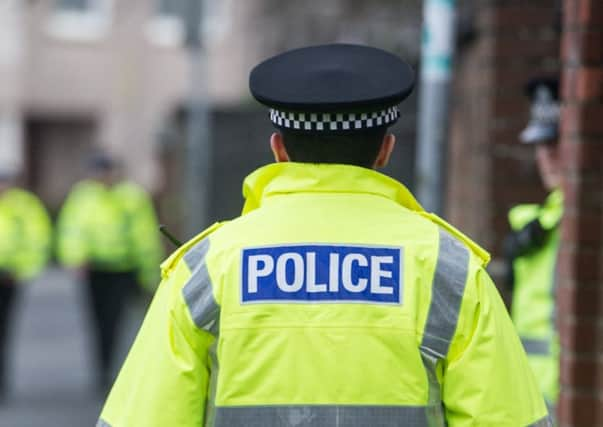Crime statistics not '˜accurate' measure of demand on police


Ahead of a meeting of the Scottish Parliament’s justice committee today, Police Scotland said it was dealing with more than 42,000 incidents relating to mental ill health each year and spending up to £80 million on missing persons investigations.
The Scottish Government has regularly sought to deflect criticism of its handling of policing by highlighting recorded crime statistics, which are now at their lowest level since the mid 1970s.
Advertisement
Hide AdAdvertisement
Hide AdBut in a written submission to the committee, Assistant Chief Constable Malcolm Graham said the figures failed to accurately reflect the realities on the ground.
He said: “Whilst I recognise the often devastating impact that crime has on individuals and communities, the impact of non-criminal incidents is just as evident.
“Last year Police Scotland received over 3.4 million calls and attended over 900,000 incidents. Analysis of available data indicates that only around one in five incidents resulted in a crime being recorded. Many of the most time-consuming incidents relate to concerns for persons, missing / absconded persons and dealing with sudden deaths. These calls are often linked to vulnerability and people in crisis; recorded crime alone is therefore not an accurate measure of demand on policing services.”
In November MSPs heard from the Association of of Scottish Police Superintendents that recorded crime figures did not “in any way” represent day-to-day challenges, while the Scottish Police Federation said the reliance on recorded crime as a measure of police effectiveness was “dangerously misleading”.
MSPs will also hear from the British Medical Association and Alzheimer Scotland today about partnership working with Police Scotland.
Margaret Mitchell MSP, committee convener, said: “Police time is a precious resource, and their role in keeping people safe is vitally important. However it has to be recognised that there are limits to what they can be expected to do. Justice stakeholders generally agree that improvements can be made to how public bodies and voluntary organisations work together with the police.”
A Scottish Government spokesman said: “Policing involves more than simply tackling crime and the Scottish Police Authority and Police Scotland are working on a long-term strategy for a flexible, modern and sustainable police service.”